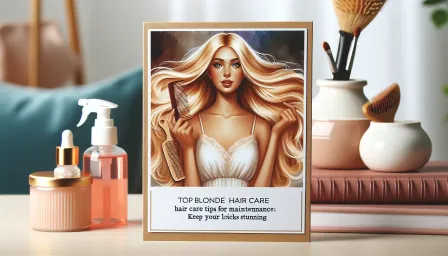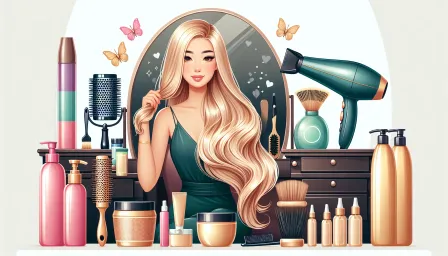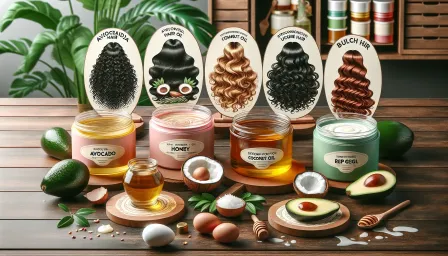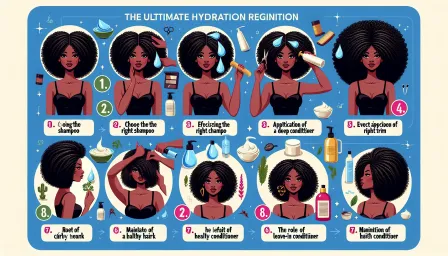Effective Hair Treatment for Dry Scalp: Top Remedies and Tips
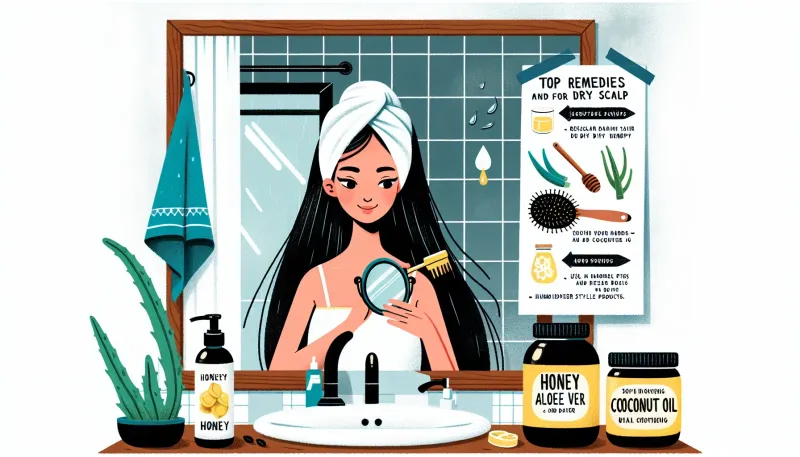
Explore the best hair treatments for dry scalp with our comprehensive guide. Discover remedies, tips, and professional advice to rejuvenate your scalp health.
Are you constantly dealing with a dry, flaky scalp? A dry scalp can be uncomfortable and sometimes even embarrassing, but you're not alone. Many people struggle with this common issue, often driven by a variety of factors such as weather changes, harsh hair care products, and more. This guide aims to provide thorough information on hair treatment for dry scalp, including natural remedies and professional tips to help you achieve a healthier scalp.
Understanding Dry Scalp
A dry scalp occurs when the skin on your head lacks sufficient moisture, resulting in itching, flaking, and irritation. It's important to differentiate between a dry scalp and dandruff; while they share similar symptoms, the underlying causes are often different. Dry scalp is usually due to inadequate hydration, whereas dandruff is caused by an overgrowth of yeast on the scalp.
Common Causes of Dry Scalp
Weather and Environmental Factors
Extreme weather conditions, particularly cold, dry air in winter, can strip your scalp of its natural oils, leading to dryness. Using indoor heating can exacerbate the issue by further reducing humidity levels.
Hair Care Products
Certain shampoos and conditioners contain sulfates and alcohol, which can be harsh on the scalp, resulting in dryness. It's crucial to choose products that are gentle and formulated for sensitive skin.
Skin Conditions
Conditions such as eczema and psoriasis can also contribute to a dry scalp. If you suspect a medical condition, consulting a dermatologist is advisable.
Diet and Hydration
Your diet plays a vital role in scalp health. A lack of essential nutrients, particularly omega-3 fatty acids, and insufficient water intake can cause your scalp to become dry.
Top Remedies for Dry Scalp
Coconut Oil
Coconut oil is renowned for its moisturizing properties. Applying a small amount of warm coconut oil to your scalp can help restore moisture and reduce flaking.
Aloe Vera
Aloe vera is a natural soothing agent. Applying fresh aloe vera gel to your scalp can alleviate irritation and provide essential moisture.
Tea Tree Oil
Tea tree oil has antifungal and antibacterial properties, making it effective in treating scalp conditions. Mix a few drops with a carrier oil and massage into the scalp.
Apple Cider Vinegar
Apple cider vinegar can help balance the pH of your scalp, reducing dryness and itchiness. Dilute it with water and use it as a rinse after shampooing.
Professional Tips for Managing Dry Scalp
Regular Scalp Massages
Engaging in regular scalp massages can stimulate blood flow and promote oil production, keeping your scalp hydrated.
Avoid Hot Showers
Hot water can strip your scalp of natural oils, leading to dryness. Opt for lukewarm water when washing your hair.
Use Humidifiers
Using a humidifier in your home can add moisture to the air, helping to prevent your scalp from drying out.
Consult a Dermatologist
If over-the-counter remedies fail to improve your scalp condition, it may be time to seek professional advice. A dermatologist can provide tailored treatments and recommendations.
Lifestyle Changes for a Healthier Scalp
Stay Hydrated
Drinking plenty of water is essential for overall skin health, including your scalp. Aim for at least eight glasses a day.
Maintain a Balanced Diet
Incorporate foods rich in omega-3 fatty acids, vitamins, and minerals into your diet. Foods such as salmon, flax seeds, nuts, and leafy greens can promote a healthy scalp.
Proper Hair Care Routine
Adopt a hair care routine that includes gentle cleansing, regular moisturizing, and minimal use of heat styling tools. Use a shampoo and conditioner specifically designed for your hair type.
Conclusion
Managing a dry scalp involves a combination of proper hair care, natural remedies, and lifestyle changes. By understanding the causes and implementing the tips and treatments discussed in this article, you can achieve a healthy, hydrated scalp. Always remember to consult with a healthcare professional if your condition persists or worsens. Prioritize your scalp health, and you'll pave the way to better overall hair health.





